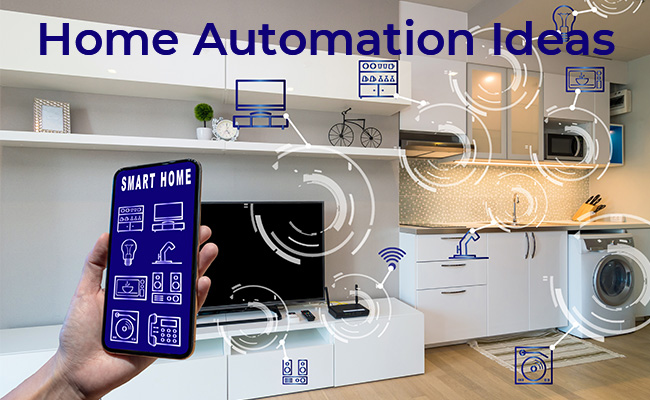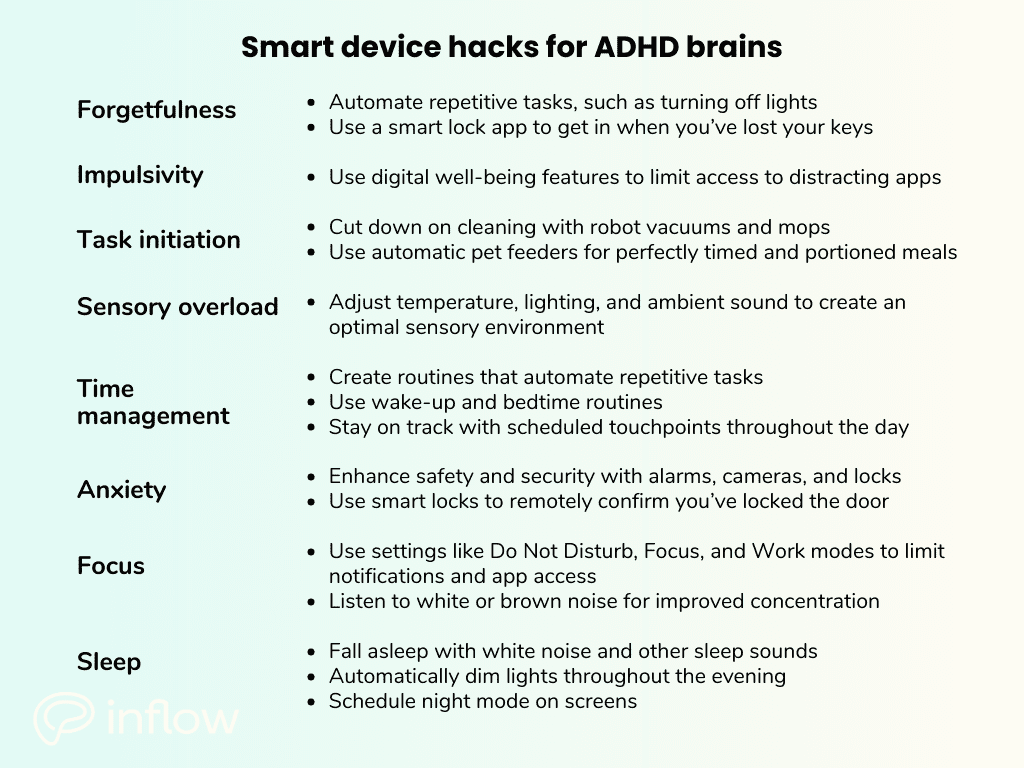Why Bedtime Routines Matter
A bedtime routine helps your body relax before sleep. It signals your brain that it’s time to rest. Good routines can improve sleep quality and overall health.
Smart home devices can make bedtime routines easier and more enjoyable. Let’s explore how you can use them step by step.
Step 1: Set the Mood with Smart Lights
Bright lights can make it hard to fall asleep. Dim lights help your brain produce melatonin, the sleep hormone.
Use smart bulbs to control your bedroom lighting. You can schedule lights to dim an hour before bedtime. Many smart bulbs allow you to choose warm colors like orange or soft yellow. These colors feel calming and cozy.
To set this up, connect your bulbs to a smart home app. Then program the lights to match your bedtime schedule.
Step 2: Play Relaxing Sounds with Smart Speakers
Noise can disturb your sleep. Relaxing sounds can help you unwind. Soft music, nature sounds, or white noise are perfect choices.
Smart speakers can play soothing sounds at a set time. You can ask them to play sleep playlists. Some devices even have built-in white noise options.
For example, set your speaker to play soft rain sounds 30 minutes before bedtime. This creates a calm environment for sleep.

Credit: reolink.com
Step 3: Adjust the Temperature with Smart Thermostats
The right temperature makes sleep more comfortable. Too hot or too cold can disrupt sleep.
Smart thermostats let you control your bedroom temperature easily. You can schedule the thermostat to cool or warm the room before bedtime.
Most people sleep better at temperatures around 65°F (18°C). Adjust your thermostat to find what works best for you.
Step 4: Use Smart Curtains or Blinds
Dark rooms help your body fall asleep faster. Light can keep your brain awake.
Smart curtains or blinds can block out light for better sleep. You can program them to close at night and open in the morning.
If you don’t have smart curtains, consider blackout curtains instead. They also work well to keep the room dark.
Step 5: Limit Screen Time with Smart Plugs
Screen time before bed can harm your sleep. It keeps your brain active and delays melatonin production.
Use smart plugs to control electronic devices. You can set them to turn off TVs, computers, or gaming consoles at a certain time.
This encourages you to spend the last hour before bed relaxing. Read a book or meditate instead of looking at screens.
Step 6: Create a Sleep Reminder with Smart Assistants
Sometimes we forget to stick to our bedtime schedule. A gentle reminder can help you stay on track.
Smart assistants can send bedtime reminders. They can also guide you through your bedtime routine step by step.
For example, you can program your assistant to say: “It’s time to dim the lights and play relaxing sounds.”

Credit: www.instagram.com
Benefits of Smart Home Automation for Bedtime
Smart home automation saves time. You don’t have to manually adjust lights or temperature. Your devices do the work for you.
It also creates a consistent routine. Consistency improves sleep and helps your body adjust to a regular schedule.
Finally, it makes bedtime feel peaceful and enjoyable. You look forward to relaxing in a calm environment every night.
Tips to Start Your Automated Bedtime Routine
- Start with one device, like smart lights or speakers.
- Test different settings to find what feels relaxing.
- Keep your routine simple. Don’t overcomplicate it.
- Stick to your schedule every night for best results.
Frequently Asked Questions
What Is A Bedtime Routine Using Smart Home Automation?
A bedtime routine with smart home automation uses devices to simplify nightly habits, like dimming lights or setting alarms.
How Can Smart Lights Help With A Bedtime Routine?
Smart lights can dim gradually, mimicking sunset, signaling your body it’s time to sleep.
Can Smart Speakers Improve Your Bedtime Experience?
Yes, smart speakers can play relaxing music, white noise, or bedtime stories to help you wind down.
How Do Smart Thermostats Contribute To Better Sleep?
They adjust room temperatures for optimal comfort, helping you fall asleep faster and stay asleep longer.
Conclusion
Smart home devices can improve your bedtime routine. They help create a peaceful environment for better sleep.
Start with small changes, like dimming lights or playing soothing sounds. Use smart devices to make bedtime effortless and enjoyable.
Remember, good sleep leads to better health and energy. Build your routine and enjoy your restful nights.

